Recent Publications & Learning
Doing development differently starts with better evidence and learning.
Doing development differently starts with better evidence and learning.
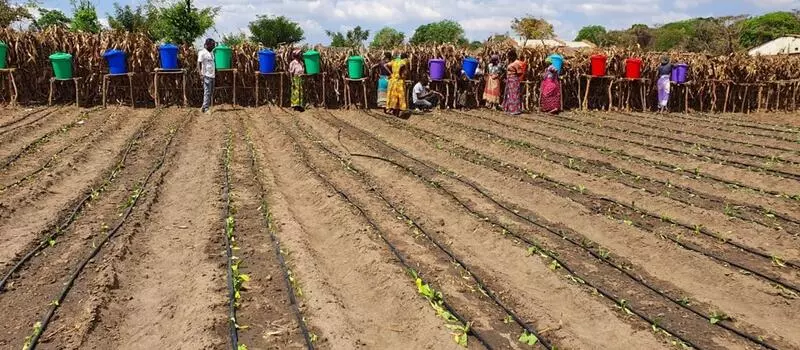
The article argues that traditional methods of measuring women’s empowerment in agricultural programs often fall short because they rely on rigid, predefined indicators. Instead, the authors advocate for formative approaches, which involve continuous, context-sensitive learning and adaptation. These approaches help capture the complex, dynamic nature of empowerment, considering local gender norms and market systems. By integrating qualitative and participatory methods, programs can better understand and respond to women’s real needs, leading to more meaningful and sustainable empowerment outcomes.
Read More
This blog explores insights from USAID’s Ex-Post Evaluation Series—highlighting the transformative impact that Market Systems Development (MSD) can drive across programs.
Read More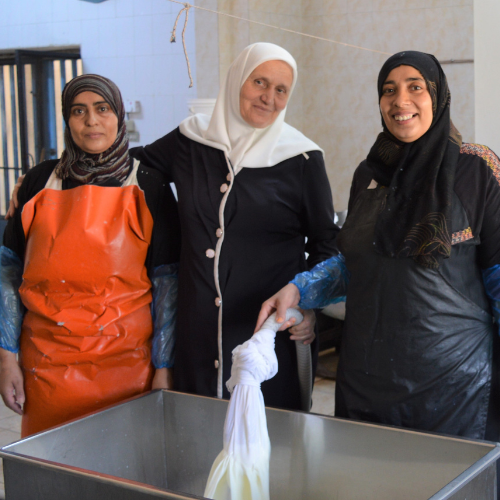
This SBAIC blog shares MSA’s perspective as a woman-owned business and highlights strategies for thinking beyond conventional development practices.
Read More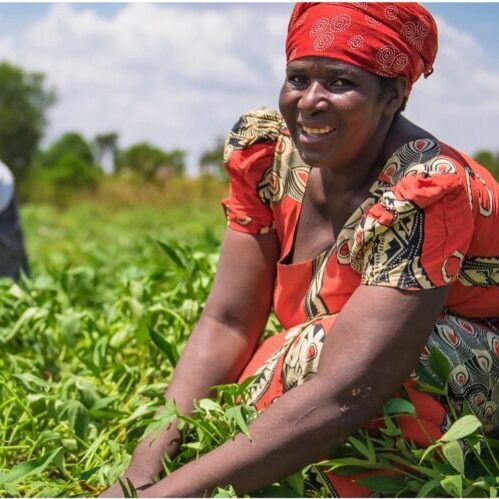
The Hinga Wunguke Baseline Study summary brief presents baseline learnings from Rwanda to inform stakeholders and activities striving towards more inclusive and equitable agricultural market systems.
Read More
Brief 2 in the MSD in MEL Clinic Series draws from the experiences of four Senior MEL Managers to summarize five practical strategies to build a culture among teams that enables the use of an MSD approach.
Read More
Brief 1 in the MSD in MEL Clinic Series is a guide that draws from the practical experience of MEL Managers working on market systems development (MSD) programs around the world to help other MEL Managers find what works best for their program and teams in assessing systems change.
Read More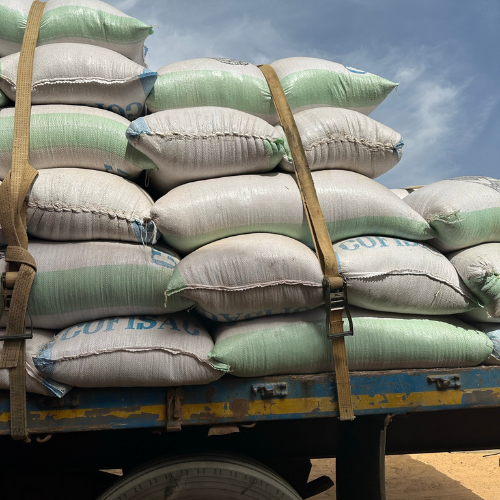
Learning is at the heart of the process of economic development—it drives more competitive, resilient, and inclusive firms and systems. Yet learning is less frequently seen as a critical function within systems that can catalyze and quicken systems change and enable adaptation. This brief makes the case that programs can and should shift the locus of learning from being only program-focused to system-focused.
Read More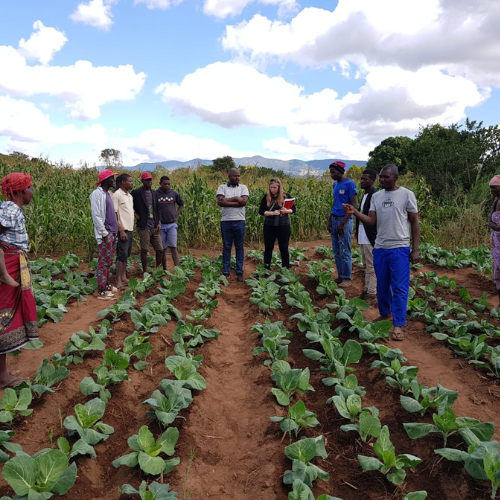
The USAID Mozambique Feed the Future Agricultural Innovations Activity (FTF Inova), implemented by DAI in partnership with MSA, developed six business cases to offer tangible proof that enterprises can profit from investing in addressing challenges experienced by smallholder farmers. The business cases cover three themes: supply chain management; input distribution networks; and support services. Each business case summarizes the prevailing business model being applied, the new opportunity, what options were explored, the value proposition for smallholders and others, the timeline, return on investment, recommendations, and risks going forward.
Read More
How do low-income households and masons make house construction decisions? This three-country study examined social norms, networks, and information flows that influence construction practices in Kenya, India, and Peru. The research sought to answer the following questions: 1) How do households and individuals make housing decisions? 2) What are the information flows, key influences, and social norms that steer these decisions? and 3) How can programmes leverage knowledge about norms to improve the quality of home construction?
Read More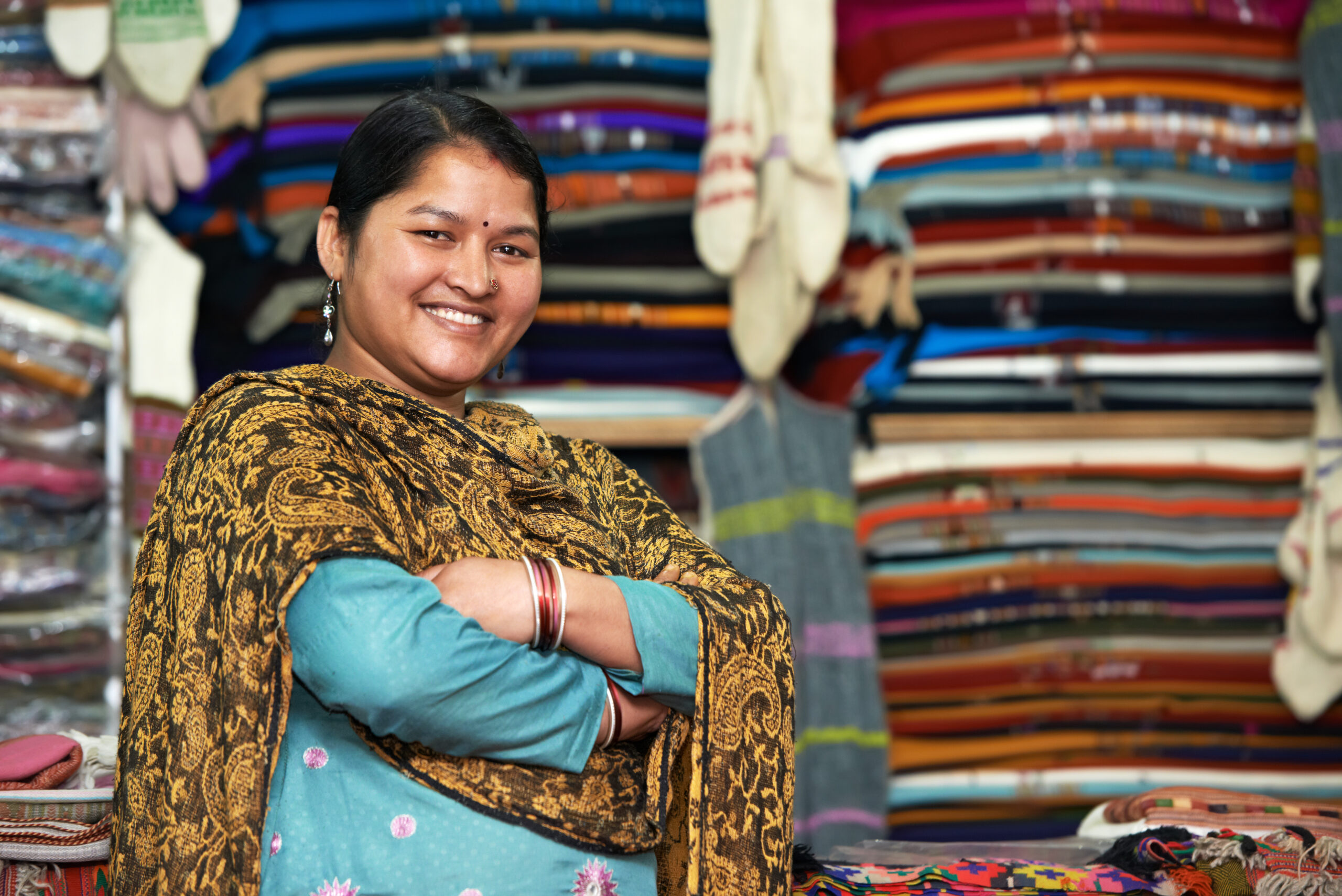
This brief analyzes the existing literature from developing countries on how firms invest in social inclusion and measure its return on investment. It then analyzes existing evidence gaps and makes recommendations on how firms and USAID partners working in private sector engagement and market systems development can improve their investments and fill evidence gaps.
Read More